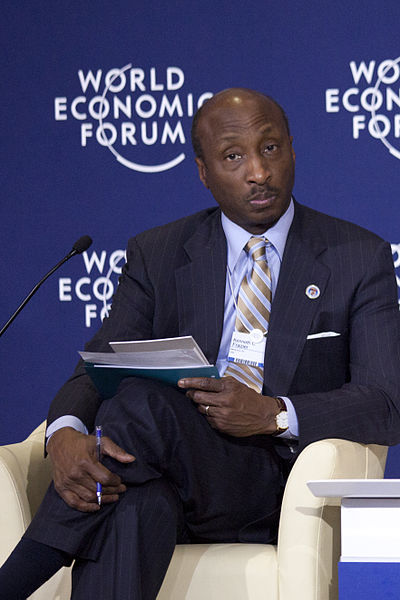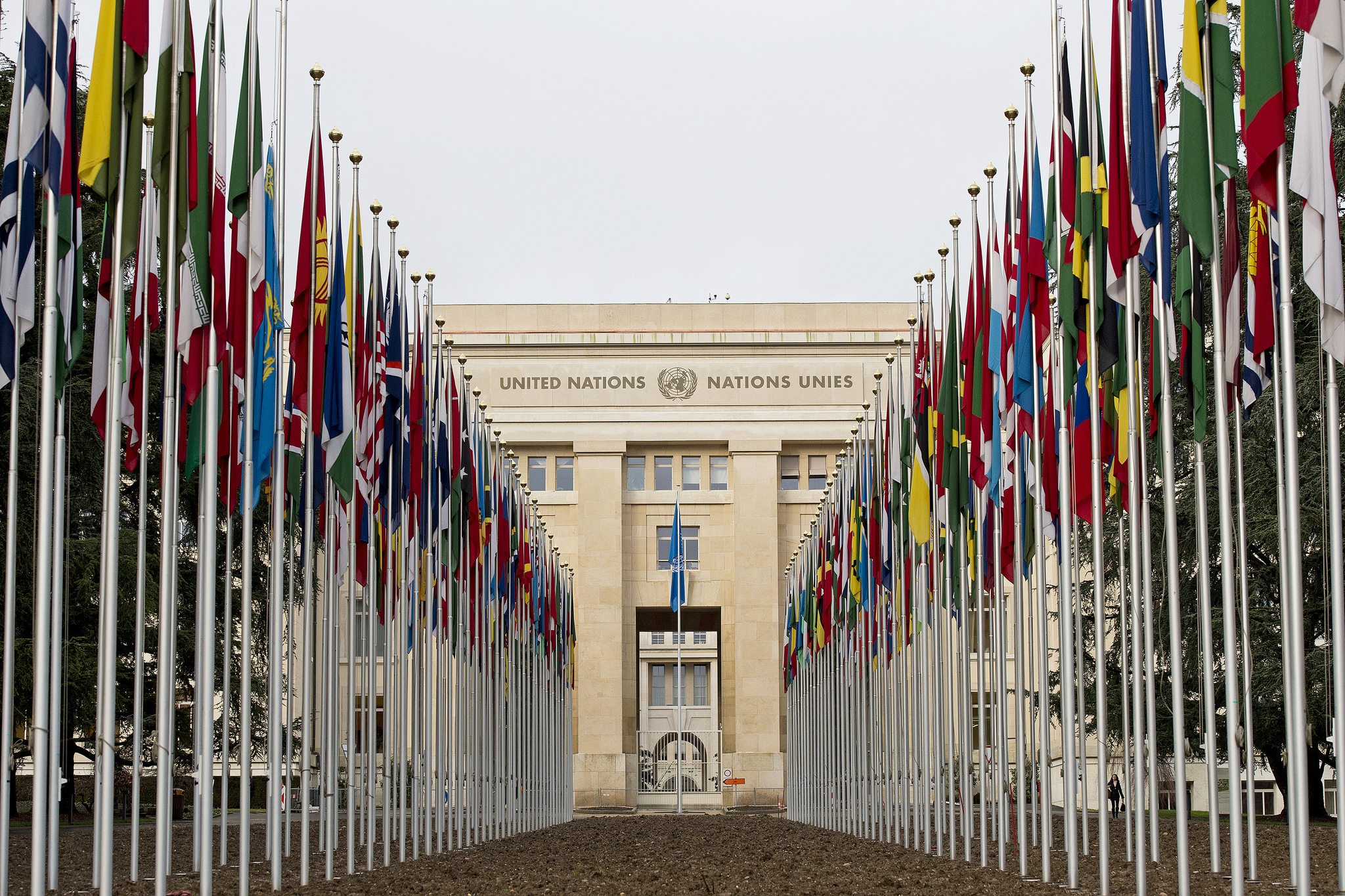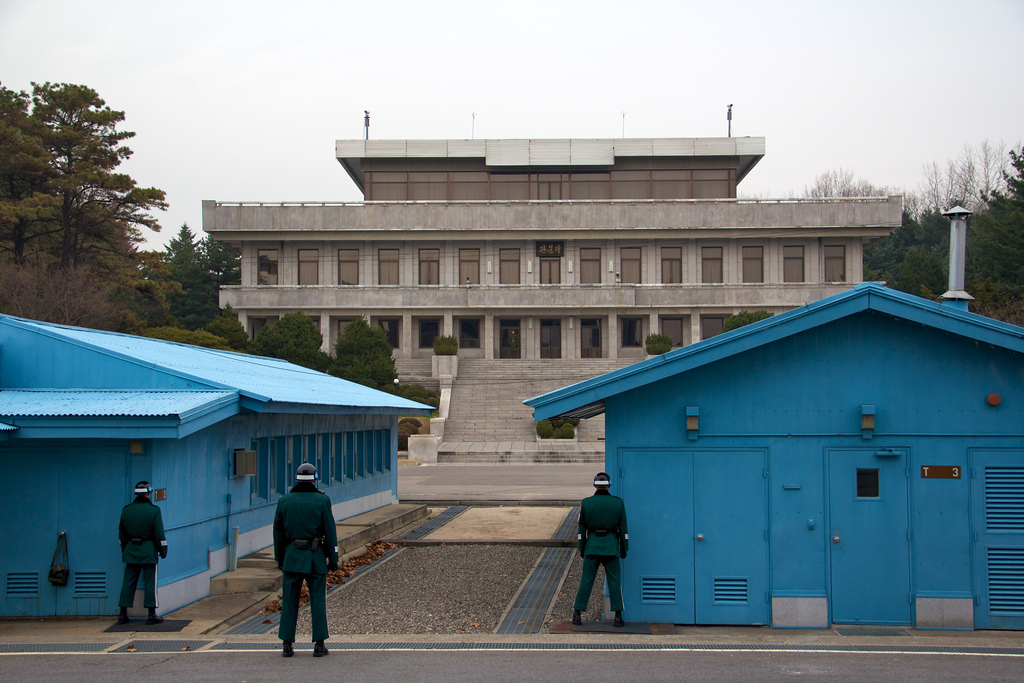Today in the United States we have a federal holiday not due to the Presidential Inauguration, but to honor Martin Luther King, who was struck down by gunfire outside of his hotel on 4 April 1968 in Memphis, TN. He was in Memphis to support a sanitation workers strike organized by the man who introduced him to non-violent civil disobedience, Reverend James Lawson. We will celebrate the MLK who is best summarized in his speech on the March on Washington (I Have a Dream) as well as the one he gave the night before he was slain (I have been to the Mountaintop). What we will not discuss or remember is the FBI’s remarkable campaign to demonize and discredit him. And that is fuktup. So I write this, in Quixotian fashion, for those unfamiliar with the basic facts who prefer to know. May you not forget.
[youtube http://www.youtube.com/watch?v=smEqnnklfYs&w=420&h=315] [youtube http://www.youtube.com/watch?v=ixfwGLxRJU8&w=420&h=315]This history is hardly hidden. Rather, it is ignored. The United States Senate Select Committee to Study Governmental Operations with Respect to Intelligence Activities begins its Final Report (aka the Church Report, 1976) with these words:
From December 1963 until his death in 1968, Martin Luther King, Jr. was the target of an intensive campaign by the Federal Bureau of Investigation to “neutralize” him as an effective civil rights leader. In the words of the man in charge of the FBI’s “war” against Dr. King: ”No holds were barred. We have used [similar] techniques against Soviet agents. [The same methods were] brought home against any organization against which we were targeted. We did not differentiate. This is a rough, tough business.” The FBI collected information about Dr. King’s plans and activities through an extensive surveillance program, employing nearly every intelligence-gathering technique at the Bureau’s disposal. Wiretaps, which were initially approved by Attorney General Robert F. Kennedy, were maintained on Dr. King’s home telephone from October 1963 until mid-1965; the SCLC headquarter’s telephones were covered by wiretaps for an even longer period. Phones in the homes and offices of some of Dr. King’s close advisers were also wiretapped. The FBI has acknowledged 16 occasions on which microphones were hidden in Dr. King’s hotel and motel rooms in an “attempt” to obtain information about the “private activities of King and his advisers” for use to “completely discredit” them.
The MLK, Jr. Encylopedia at Stanford University puts it this way.
The U.S. Federal Bureau of Investigation (FBI) began monitoring Martin Luther King, Jr., in December 1955, during his involvement with the Montgomery bus boycott, and engaged in covert operations against him throughout the 1960s. FBI director J. Edgar Hoover was personally hostile toward King, believing that the civil rights leader was influenced by Communists. This animosity increased after April 1964, when King called the FBI ‘‘completely ineffectual in resolving the continued mayhem and brutality inflicted upon the Negro in the deep South’’ (King, 23 April 1964). Under the FBI’s domestic counterintelligence program (COINTELPRO) King was subjected to various kinds of FBI surveillance that produced alleged evidence of extramarital affairs, though no evidence of Communist influence.
It continues, referencing the Church Report…
According to a U.S. Senate Committee convened in the 1970s to investigate the FBI’s domestic intelligence operations, the impact of the FBI’s efforts to discredit SCLC and King on the civil rights movement ‘‘is unquestionable’’ (Senate Select Committee, 183). The committee determined that: ‘‘Rather than trying to discredit the alleged Communists it believed were attempting to influence Dr. King, the Bureau adopted the curious tactic of trying to discredit the supposed target of Communist Party interest—Dr. King himself’’ (Senate Select Committee, 85).
The Church Report provides this:
The FBI now agrees that its efforts to discredit Dr. King were unjustified. The present Deputy Associate Director (Investigation) testified:
Mr. Adams. There were approximately twenty-five incidents of actions taken [to discredit Dr. King] … I see no statutory basis or no basis of justification for the activity.
The CHAIRMAN. Was Dr. King, in his advocacy of equal rights for black citizens, advocating a course of action that in the opinion of the FBI constituted a crime?
Mr. ADAMS. No, sir.
The CHAIRMAN. He was preaching non-violence was he not, as a method of achieving equal rights for black citizens?
Mr. ADAMS. That’s right … Now as far as the activities which you are asking about, the discrediting, I know of no basis for that and I will not attempt to justify it.
The FBI conducted its investigation of Dr. King and the SCLC under an FBI manual provision — called COMINFIL — permitting the investigation of legitimate noncommunist organizations, suspected by the FBI of having been infiltrated by communists, to determine the extent, if any, of communist influence. The FBI’s investigation was based on its concern that Dr. King was being influenced by two persons — hereinafter referred to as Adviser A and Adviser B — that the Bureau believed were members of the Communist Party.
Perhaps you imagine that this is dusty, if shameful, history; nothing like that happens today. You would be mistaken. The FBI, local police officials, and their sister organizations throughout Euorpe and other OECD democracies continue to use the techniques that Edgar Hoover’s FBI developed in its COMINFIL and COINTELPRO programs. Donatella Della Porta has coedited two books that are a useful place for academics to get started: Policing Protest: The Control of Mass Demonstrations in Western Democracies (1998) and The Policing of Transnational Protest (2006). If you are troubled by what you read above about Dr King, you will be equally troubled by what you read in these volumes. You cannot change the past, but making history begins with a grasp of the basic facts.
This piece was originally posted on the author’s blog.






